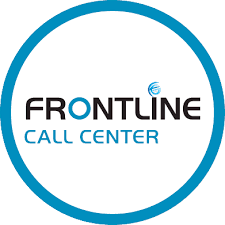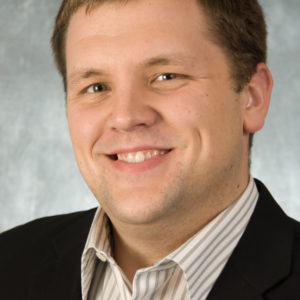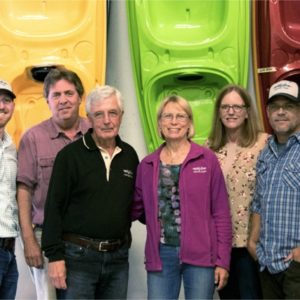Section 174: Research & Experimental (R&E) Expenditures
Businesses that invest in research and development should be aware of a major change to the tax treatment of research and experimental (R&E) expenses. The amendment to Internal Revenue Code (IRC) Section 174 made by the 2017 tax reform legislation known as the Tax Cuts and Jobs Act (TCJA) is in effect for tax years beginning in 2022.
Section 174 R&E expenditures can no longer be deducted when incurred. Instead, the amounts incurred must be capitalized and amortized over either five years or 15 years, depending on where the research activities are performed, both using a midyear convention.
What Costs Are Subject To The Revised Amortization Provisions Of Section 174?
The statutory language in the TJCA indicates that the mandatory capitalization period applies to all section 174 costs, as well as software development costs. Although the statute does not contain an exhaustive list of covered expenses, the regulations and other guidance provide several examples of section 174 costs, including salaries of researchers, overhead expenses such as rent, depreciation, utilities related to facilities used for R&D, supplies used during the research process, and certain software development costs. The law applies on a cut‐off basis and does not disturb the treatment of amounts incurred in prior years.
How Is Amortization Calculated?
Amortization is calculated using a straight‐line recovery period of either five years for costs incurred in the U.S. or 15 years for costs that occurred outside the U.S. However, as taxpayers must use a mid‐year convention to determine first year amortization, the recovery period is effectively six and 16 years, respectively. Taxpayers will need to track expenses incurred for the entire year as the entire year amount is subject to amortization according to the mid‐year convention and the applicable recovery period for U.S. and non‐U.S. R&E expenditures.
What Impact Does The Amortization Provision Of Section 174 Have On Other Areas Of Taxable Income?
As the amortization of section 174 expenses will impact taxable income, any items impacted by a change in taxable income (i.e., FDII, GILTI, 163(j)) should be considered as well. In certain instances, there could be an impact to a taxpayer’s effective tax rate to the extent that a permanent provision is impacted by section 174.
How Does Section 174 Relate To The R&D Credit?
The TCJA stipulated that expenditures eligible for the R&D credit are required to be amortized under section 174. Accordingly, taxpayers computing a R&D credit study can use their credit calculation as a starting point for capturing costs under section 174. However, section 174 includes more types of expenses than those that qualify for the R&D credit, such as the following:
• Activities related to patent departments
• Foreign-based research activities
• Overhead or other indirect costs, such as depreciation and utilities
Due to the broad definition of section 174, taxpayers should prepare for their section 174 costs being significantly higher than the amount of qualified research expenditures for the credit, particularly for taxpayers that invest heavily in foreign research activities.
Are Businesses Required To Amortize R&E Costs Paid To Third Parties Or Related Parties?
Under existing guidance, amounts paid to another party for contract research are considered section 174 expenses and presumably subject to the revised rule, although uncertainty remains for the treatment of research costs incurred by taxpayers conducting research on behalf of others that receive payment for such research.
See your VSH tax advisor with any questions. New to VSH? Contact us here.



